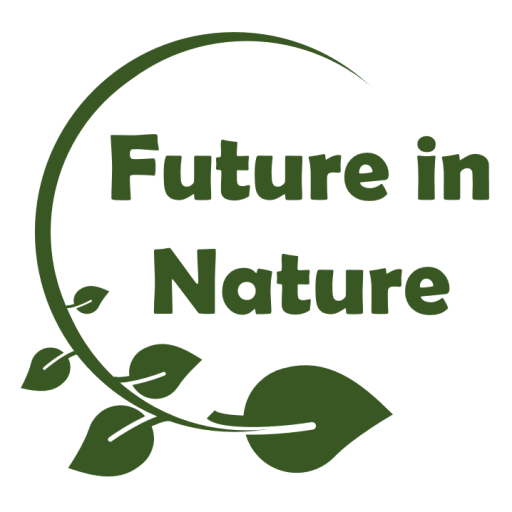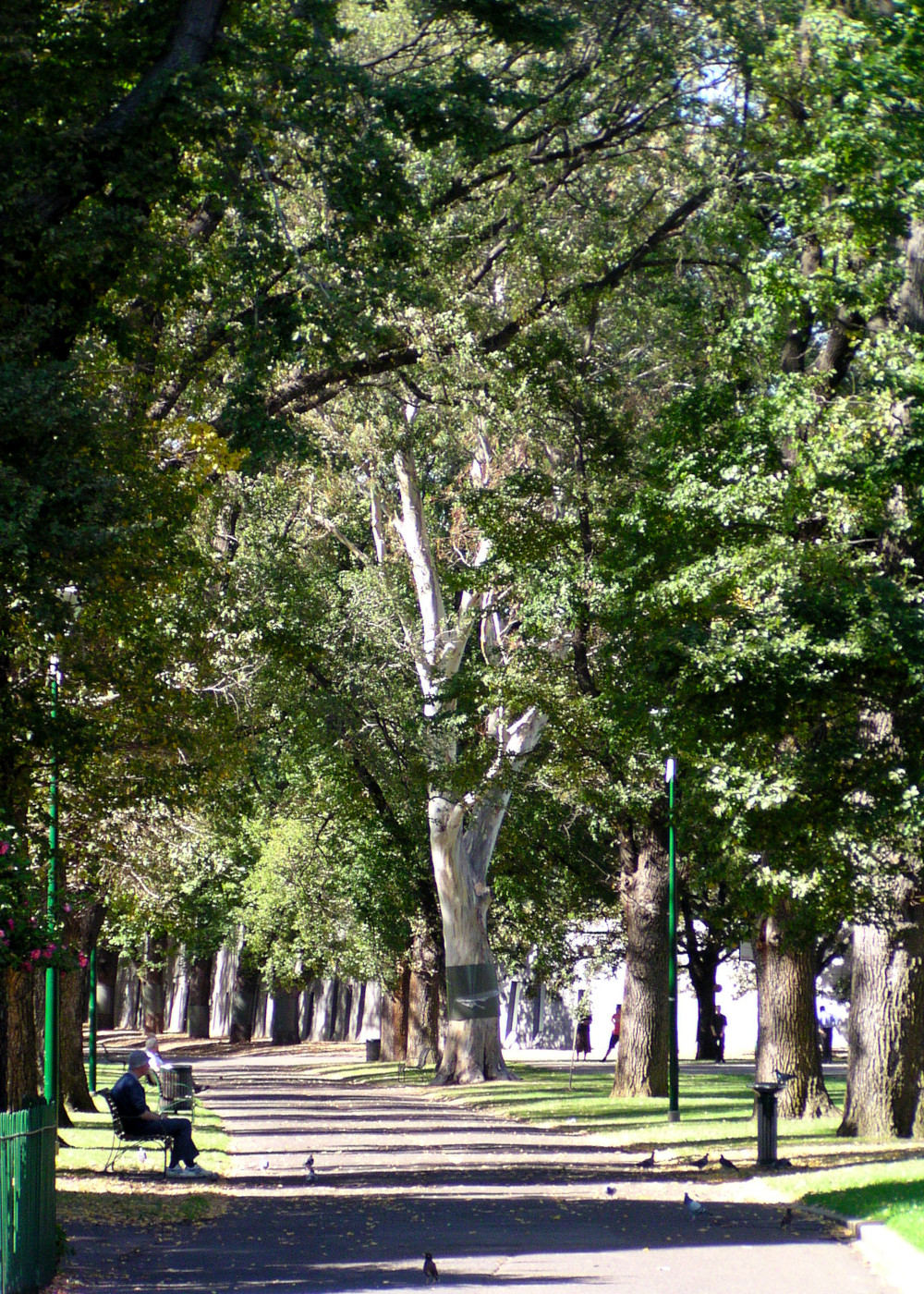In an increasingly urbanised world, people are becoming more disconnected from natural environments. There is a growing body of evidence highlighting the mental health and wellbeing, physical health, cognitive, spiritual and social benefits of being more connected to nature. Government and NGOs are developing policies and programs to support people’s connection with nature.
A key to connecting people with nature is understanding their values – the guiding principles that shape the way that people live in the world. People have diverse values for nature, such as for the food and fibre that nature provides, it’s aesthetic beauty, spirituality, the opportunity for nature-based experiences such as bushwalking or mountain bike riding, and the protection of nature for its own sake. Harnessing these diverse values in policy and programs is an important way of reducing environmental conflict, increasing the acceptability of management of natural areas, and can lead to win-win scenarios for people and nature.
Expertise
Nature-based solutions/Connectedness to Nature project leader in the Sustainable Communities and Waste hub of the National Environmental Science Program (2021)
Co-leader of the Healthy Landscapes Research Group at the University of Tasmania, with has a key driver of understanding nature connection (2019-)
Supervised Gary Veale’s PhD Project – THE NATURE
OF US: UNLOCKING HUMAN POTENTIAL A transdisciplinary investigation into the human relationship with nature to better unlock human potential in an era of creative transformation and disruptive innovation.
Projects
We worked with the City of Melbourne across 9 community engagement workshops to inform Urban Forest Precinct Plans. In the workshops, participants mapped landscape values, sorted photos to identify preferred tree traits that contributed to neighbourhood character, and wrote vision statements about the desired urban forests of the future.
With the City of Hobart and Knox City Council, we ran community workshops to understand people’s views on urban landscapes resilient to climate change, including traditional owners, land managers, experts and the general public.
With the Victorian department of the environment, we developed and implemented a rigorous survey of the environmental values of all Victorians. With the Glenelg-Hopkins and Corangamite CMAs we surveyed landholders to understand their environmental values and opinions about native vegetation on private land.
Reports and publications
Ives, C. D., Giusti, M., Fischer, J., Abson, D. A., Klaniecki, K., Dorninger, C., Laudan, J., Barthel, S., Paivi, A., Martín-López, B., Raymond, C. M., Kendal, D., von Wehrden, H. (2017) Human-nature connection: a multidisciplinary review, Current Opinion in Sustainability, 26-27: 106-113
Marsh, P., Mallick, S., Flies, E., Jones, P., Pearson, S., Koolhof, I., Byrne, J., Kendal, D., 2020. Trust, Connection and Equity: Can Understanding Context Help to Establish Successful Campus Community Gardens? International Journal of Environmental Research and Public Health 17, 7476.
Presentations
Gaston, K., Fuller, R., Manfredo, M., Kendal, D. (2015) What are the benefits for biodiversity of connecting people with nature? Panel discussion at the International Conference for Conservation Biology, Montpellier, France
Kendal, D. (2016) Connecting the urban public with threatened ecosystems and species, Society for Conservation Biology Oceania, Brisbane, Australia
Shanahan, D., Fuller, R., Kendal, D., Threlfall, C., (2015) ‘Connecting people with nature’ symposium at the ICCB conference in Montpellier, France
Kendal, D., Threlfall, C., (2014) ‘Connecting people with nature’ symposium at the Ecological Society of Australia annual conference
Kendal, D., Willoughby, S., Farrar, A., (2016) Social values and connectedness to nature shape native plant use and diversity in residential gardens in Melbourne, Australia, URBIO, Panama City, Panama
Teaching
‘Connectedness to Nature’ in Green infrastructure for livable cities (HORT90039)

